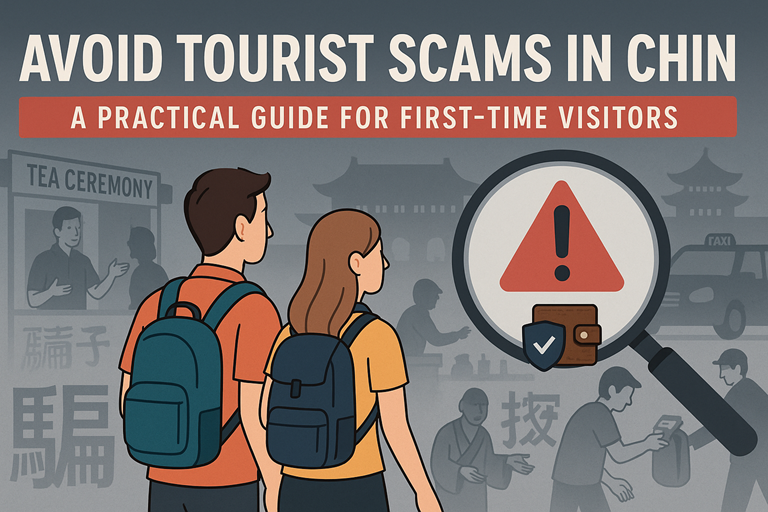Using a VPN in China to Access the Global Internet
Reliable VPN Recommendations & Setup Guide
For international travelers, one of the most significant adjustments when visiting Mainland China is navigating its unique internet environment. The country operates a sophisticated internet filtering system, often dubbed the “Great Firewall” (GFW), which blocks or restricts access to a vast number of popular global websites, social media platforms, news outlets, and Google services.

To regain access to the open internet as you know it, a Virtual Private Network (VPN) is an indispensable tool. This guide will explain why VPNs are necessary, how to choose a reliable one, how to set it up before your trip, and how to use it effectively while in China.
I. Why Do You Need a VPN in China? Understanding the Great Firewall (GFW)
The Great Firewall of China is not a single entity but a complex, multi-layered system of legislative actions and technological enforcement by the Chinese government to regulate the internet domestically. Its primary aim is to control information flow.
What’s Blocked?
The list is extensive and dynamic, but commonly blocked services include:
Google Services:
- Google Search
- Gmail
- Google Maps
- Google Drive
- Google Play Store (making it hard to download apps, including VPNs, once in China)
Social Media:
- X (formerly Twitter)
- WhatsApp (messaging sometimes works sporadically, but media sharing, voice/video calls are often blocked or unreliable)
- Threads
Video Platforms:
- YouTube
- Vimeo
- Dailymotion
News Outlets:
- Many international news sites like The New York Times, BBC, Reuters, Bloomberg, The Guardian, Wall Street Journal
Other Platforms:
- Wikipedia (often)
- certain academic journals
- human rights organization websites
- and many more
How a VPN Helps:
A VPN creates an encrypted “tunnel” between your device (phone, laptop) and a server located outside of Mainland China. Your internet traffic is routed through this server.
Bypasses Censorship:
Because your traffic appears to originate from the VPN server’s location (e.g., Japan, USA, Singapore), you can access websites and services as if you were physically in that country, thus bypassing the GFW’s blocks.
Enhances Privacy & Security:
The encryption protects your data from being easily monitored by third parties, including on public Wi-Fi networks.
II. CRITICAL: Set Up Your VPN Before You Arrive in China!
This is the single most important piece of advice regarding VPNs for China:
- VPN Provider Websites are Blocked: Most official websites of reputable VPN providers are inaccessible from within China.
- App Stores May Be Restricted: Google Play Store is blocked. While Apple’s App Store is accessible, the Chinese version may not list many international VPN apps due to local regulations.
- Difficulty in Downloading/Subscribing: Without access to the provider’s site or a fully functional app store, you won’t be able to subscribe, download the software, or get necessary configuration files once you’re in China.
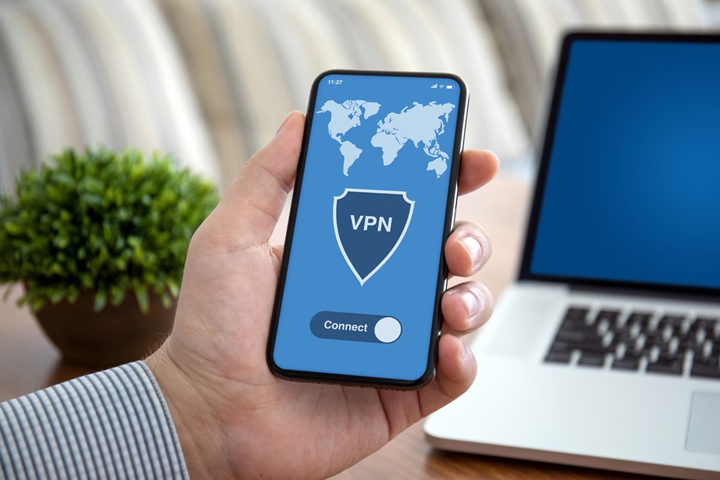
Action Plan:
- Research and choose your VPN provider well in advance of your trip.
- Subscribe to their service.
- Download and install the VPN applications on ALL devices you plan to use in China (smartphone, laptop, tablet).
- Log in and test the VPN thoroughly on different networks (your home Wi-Fi, mobile data) to ensure it works and you know how to use it. Connect to various servers.
III. Choosing a Reliable VPN for China: Key Features to Look For
Not all VPNs are created equal, especially when it comes to reliably bypassing the GFW, which is constantly being updated to detect and block VPN traffic.
Essential Features:
Proven Track Record in China
Look for VPNs that specifically state they work in China and have a history of doing so. Read recent reviews and user experiences (e.g., on Reddit forums like r/VPN, or travel forums).
Obfuscation Technology (Stealth VPN)
This is crucial. Obfuscation disguises VPN traffic to look like regular internet traffic, making it harder for the GFW to detect and block. Look for terms like “Stealth VPN,” “Obfuscated Servers,” or proprietary protocols designed for restrictive environments.
Server Locations
- Servers in Nearby Countries/Regions: Servers in Japan, South Korea, Hong Kong, Singapore, Taiwan, or the US West Coast often provide better speeds due to lower latency.
- Wide Global Network: A good selection of servers worldwide gives you more options if some are slow or blocked.
Speed and Reliability
Essential for a smooth browsing experience, streaming, or video calls.
Strong Encryption & Security Protocols
AES-256 bit encryption is standard. Look for support for protocols like OpenVPN (TCP is often more reliable than UDP in China, though potentially slower), WireGuard (newer, often faster), IKEv2, or the provider’s own specialized protocols.
Other Important Factors
- Multiple Device Support
- User-Friendly Apps
- Good Customer Support
- Money-Back Guarantee
Avoid Free VPNs for China:
- Unreliable: Rarely work consistently, if at all, in China.
- Slow: Often overcrowded and slow.
- Security Risks: May log your data, inject ads, or even contain malware.
- Lack Obfuscation: Typically lack the advanced features needed to bypass the GFW.
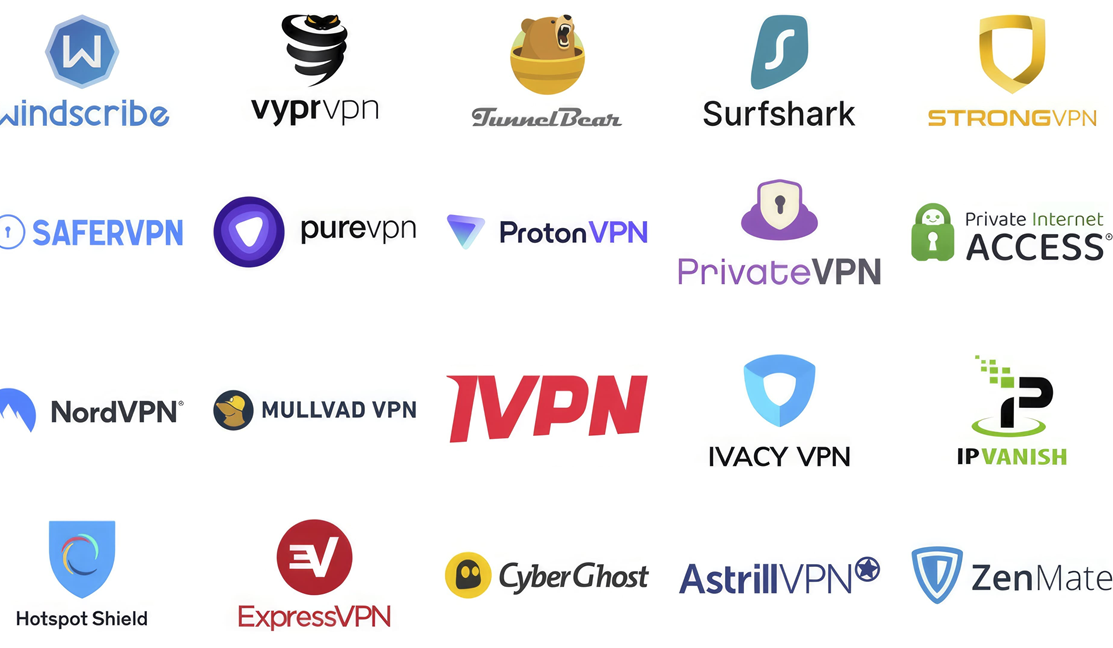
IV. Recommended VPN Providers (As of Early 2025)
Important Note: The VPN landscape in China is dynamic. What works well today might be less effective tomorrow. Always check for the latest user reviews and provider updates.
ExpressVPN
Pros: Long-standing reputation for reliability in China, strong obfuscation, user-friendly apps, good speeds, wide server network, excellent 24/7 customer support. Often a top recommendation.
Cons: One of the more premium-priced options.
NordVPN
Pros: Large server network, strong security features, obfuscated servers, competitive pricing (especially for longer plans).
Cons: Performance in China can sometimes be variable; ensure you use their recommended settings/servers for China.
Astrill VPN
Pros: Very popular among expats living in China due to its strong focus on bypassing the GFW. Offers powerful “StealthVPN” and “OpenWeb” protocols.
Cons: Significantly more expensive than most other VPNs. Website and signup process can sometimes be less polished.
Surfshark
Pros: Allows unlimited simultaneous connections, good value, “Camouflage Mode” (obfuscation), decent performance.
Cons: Newer player compared to some, so long-term China reliability is still being established by some users.
Additional Recommendations:
- VyprVPN: Owns its entire server network, proprietary “Chameleon” protocol designed for defeating VPN blocking. Smaller server network compared to some giants.
Important: Before subscribing, search for “best VPN for China [current month/year]” on forums like Reddit or specialized tech review sites. Contact provider support directly about their current status and effectiveness in China.
V. General VPN Setup Guide (To Be Done Before Your Trip)
- Choose and Subscribe: Select a VPN provider based on your research. Sign up for a plan on their official website. Longer plans are usually cheaper per month.
-
Download the Software: From the provider’s official website (or a link they provide after subscription), download the VPN application for each device:
- Windows PC
- MacBook
- Android smartphone/tablet
- iPhone/iPad
- Install the Application: Follow the on-screen instructions to install the software.
- Log In: Open the application and log in with the credentials you created during signup.

Familiarize Yourself with Settings:
Server Selection
Learn how to browse and select different server locations.
Protocol Selection
Check if there’s an option to choose different VPN protocols (e.g., OpenVPN TCP, OpenVPN UDP, WireGuard, IKEv2, or a proprietary stealth protocol). The VPN provider might recommend a specific protocol for China.
Kill Switch
Enable this feature if available. A kill switch automatically disconnects your device from the internet if the VPN connection drops, preventing your real IP address from being exposed.
Obfuscation/Stealth Mode
Ensure this is enabled if it’s a manual option. Often, it’s automatically applied when using specific servers or protocols.
Test Thoroughly:
- Connect to various server locations (especially those near China).
- Check if your IP address changes (you can Google “what is my IP”).
- Try accessing websites that would normally be blocked in China (e.g., Facebook, YouTube) to simulate the experience.
- Test on different internet connections (home Wi-Fi, mobile data) if possible.
Have Backups:
- Multiple Protocols: Know how to switch protocols within your chosen VPN app.
- (Optional) Second VPN Provider: For critical reliance, some people subscribe to two different VPNs.
- Manual Configuration Files: Some VPNs offer OpenVPN (or other protocol) configuration files. Downloading these beforehand can be a backup if the app fails, though this is more technical.
VI. Using Your VPN in China: Tips for Success
- Connect to Local Internet First: You need a working internet connection (hotel Wi-Fi, local SIM card data) before you can connect your VPN.
-
Open the VPN App and Connect:
- Choose a server. Servers in nearby locations (Japan, South Korea, Hong Kong, Singapore, US West Coast) often offer the best balance of speed and success.
- Experiment! If one server is slow or doesn’t connect, try another.
- Be Patient: Connections can sometimes take longer to establish, or speeds might fluctuate.
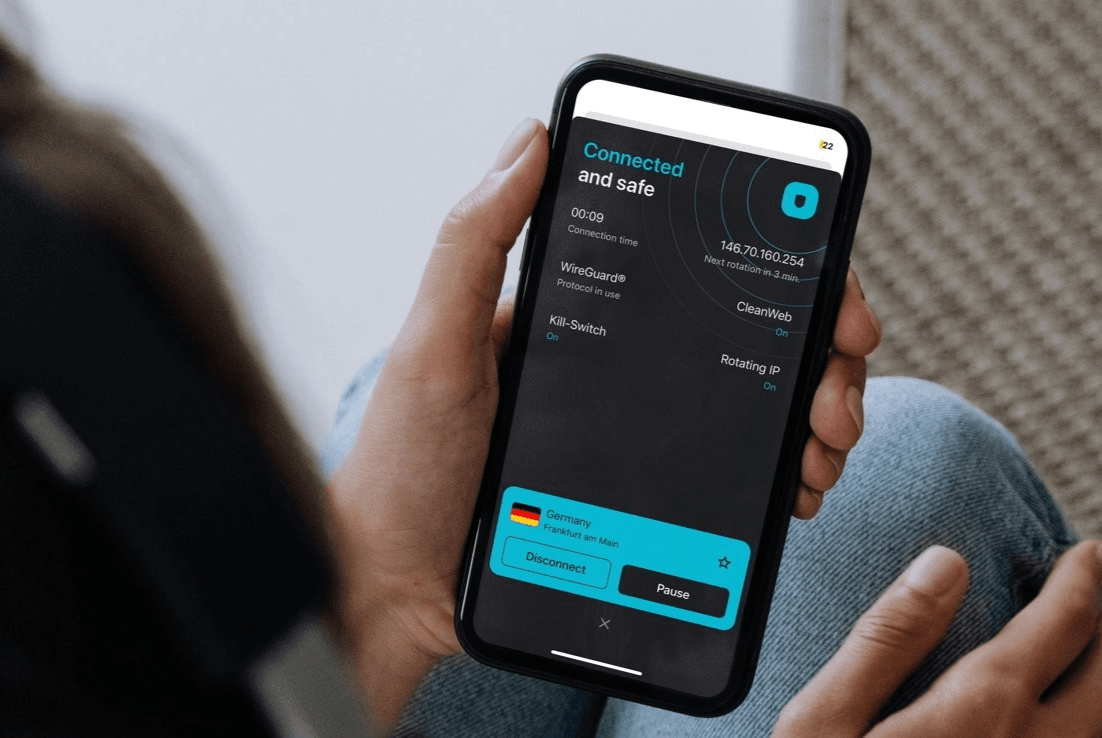
Troubleshooting Common Issues:
Cannot Connect:
- Try a different server location.
- Try a different VPN protocol (e.g., switch from automatic to OpenVPN TCP, or to the provider’s stealth protocol).
- Restart the VPN app.
- Restart your device.
- Check the VPN provider’s website (if you can access it via another means, or had it saved) or support channels for any service status updates regarding China.
Connected but Slow:
- Try servers geographically closer to you or the content you’re trying to access.
- Avoid peak internet usage times if possible.
- Some protocols are faster than others (e.g., WireGuard is often faster than OpenVPN).
Additional Tips:
- Keep Your VPN App Updated: Providers often release updates to counter GFW blocking tactics. If your app prompts for an update and you have a stable connection, try to update it.
- Battery Drain: Using a VPN can consume more battery on mobile devices. Keep a power bank handy.
VII. Legality of Using VPNs in China
This is a nuanced topic:
For Individuals:
The Chinese government primarily targets unauthorized VPN providers operating within China. The use of VPNs by individuals, particularly foreign tourists, to bypass the GFW for accessing routine global websites is generally tolerated, though it exists in a legal grey area. There are very few (if any) publicly reported cases of foreign tourists being penalized solely for using a VPN for typical internet access.
For Businesses:
Companies in China often require government approval to use VPNs for their business operations.
Important: Don’t Use VPNs for Illegal Activities. Accessing blocked social media is one thing; using a VPN to engage in activities considered illegal in China carries significant risks.
The general understanding is that as a tourist, using a VPN for personal access to the global internet is unlikely to cause problems, but it’s always good to be discreet.
VIII. Conclusion: Your Gateway to the Global Web
A reliable VPN is an essential travel companion for China. By choosing a reputable provider, setting it up before your departure, and understanding how to use it effectively, you can largely overcome the restrictions of the Great Firewall. This will allow you to stay connected with friends and family, access familiar news and entertainment, and use the online tools you rely on, making your trip to China much smoother and more enjoyable. Remember that the situation is dynamic, so always opt for well-regarded, paid services and check for the latest information before you travel.
Disclaimer:
This article provides general information and recommendations based on knowledge available up to early 2025. The effectiveness of specific VPNs in China can change rapidly due to updates in the Great Firewall. The legality of VPN use can also be subject to interpretation and change. Users should conduct their own current research and use VPNs responsibly and at their own discretion. This information does not constitute legal advice.
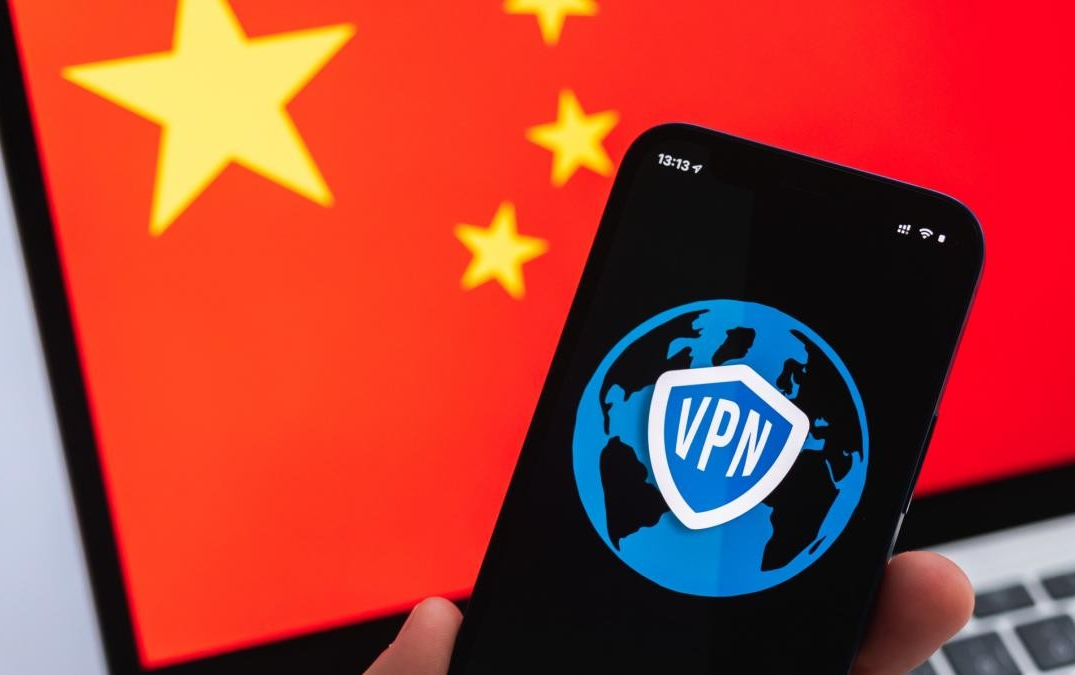
Enjoyed this article? Consider buying me a coffee to support more content like this!
💖 0 people have clicked to support this article.


